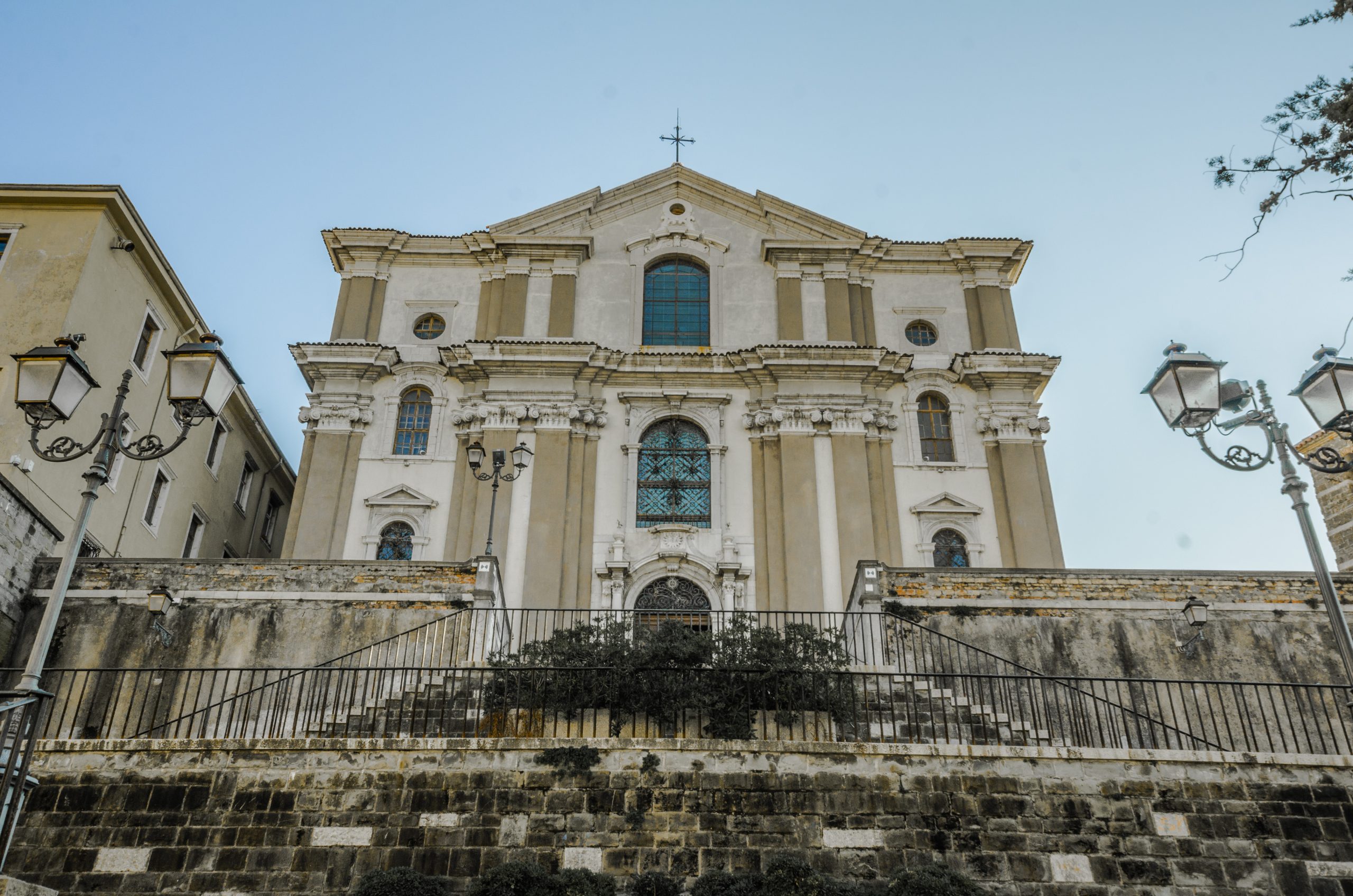by InTrieste
In the wake of Italy’s 50th Social Week of Catholics, the vibrant city of Trieste continues to serve as a focal point for discussions about the future of the Church’s role in public life. On Tuesday, a study seminar was held at the Revoltella Museum, gathering influential voices to reflect on key issues raised during the Social Week, which took place earlier this summer.
The Social Week, themed “At the Heart of Democracy: Participation Between History and Future,” was a landmark event for the Italian Church, bringing together over 1,200 delegates from dioceses, associations, and grassroots movements across the country. It aimed to foster dialogue about democracy, social justice, and the Church’s role in shaping Italy’s future. The conference left an indelible mark, particularly on Trieste, which hosted the gathering.
Tuesday’s seminar, organized by the Scientific and Organizing Committee of the Social Week in collaboration with the Diocese of Trieste, sought to build on that momentum. Participants discussed the ideas and concerns raised during the event, aiming to shape future diocesan strategies on issues ranging from political engagement to social and cultural reform.
“We are picking up where we left off after the Social Week,” said Monsignor Luigi Renna, Archbishop of Catania and President of the Committee, during his opening remarks. “This journey doesn’t end in Trieste; it begins anew.”
Joining Monsignor Renna at the seminar were Monsignor Enrico Trevisi, Bishop of Trieste, along with other notable figures from the Church, including Elena Granata, Vice President of the Committee, and Don Bruno Bignami, Director of the National Office for Social Problems and Labor. Together, they explored how the Italian Church can engage with a rapidly changing society while remaining rooted in its traditions of social justice and care for the marginalized.
The seminar, attended by public officials, civic leaders, and church representatives, was streamed live online, allowing broader participation. “We want this dialogue to be inclusive,” Granata explained. “The Church must continue to engage with all segments of society, especially the younger generation, who are increasingly disconnected from both faith and politics.”
The event also served as a precursor to another significant initiative. From September 13-15, the Diocese of Trieste will host a retreat in Borca di Cadore, where Church leaders and laity will reflect on the lessons of the Social Week and discuss the Church’s evolving relationship with urban communities. The retreat, titled “Christians and the City,” will focus on how the Church can respond to the needs and aspirations of Italy’s cities, which are grappling with issues like economic inequality, immigration, and environmental sustainability.
For Trieste, the Social Week was more than just a national conference—it was a moment of deep civic engagement. As the host diocese, Trieste saw widespread public participation, a sign that the Church’s message of community and justice still resonates with many Italians. “We had over 1,200 delegates, but what was even more encouraging was the popular turnout at the side events,” said Bishop Trevisi. “It showed that the Church is still relevant in the hearts and minds of many.”
The retreat in Borca di Cadore will feature the same participatory methodology that proved successful in Trieste, particularly through what organizers called “democracy workshops.” These workshops aim to foster collaborative dialogue and to develop practical guidelines for diocesan involvement in education, culture, and socio-political affairs.
The broader aim, according to organizers, is to craft a more active, engaged role for the Church in Italy’s democratic life—particularly in an era marked by increasing secularization and political disillusionment. “Democracy is not something we take for granted,” said Don Bignami. “The Church has a responsibility to foster a culture of participation and to support those who are most vulnerable in our society.”
The outcomes of these discussions, which have been taking place across Italy, are expected to shape the Church’s national strategy for years to come. The road from Trieste, as Tuesday’s seminar emphasized, is not an end but a beginning—one that will require continued reflection, action, and dialogue. For Italy’s Catholics, the challenge now is to turn these reflections into meaningful social and political engagement, rooted in faith yet responsive to the pressing issues of contemporary life.
For more information on upcoming events, including the September retreat, visit the Diocese of Trieste’s website at www.diocesi.trieste.it.





























